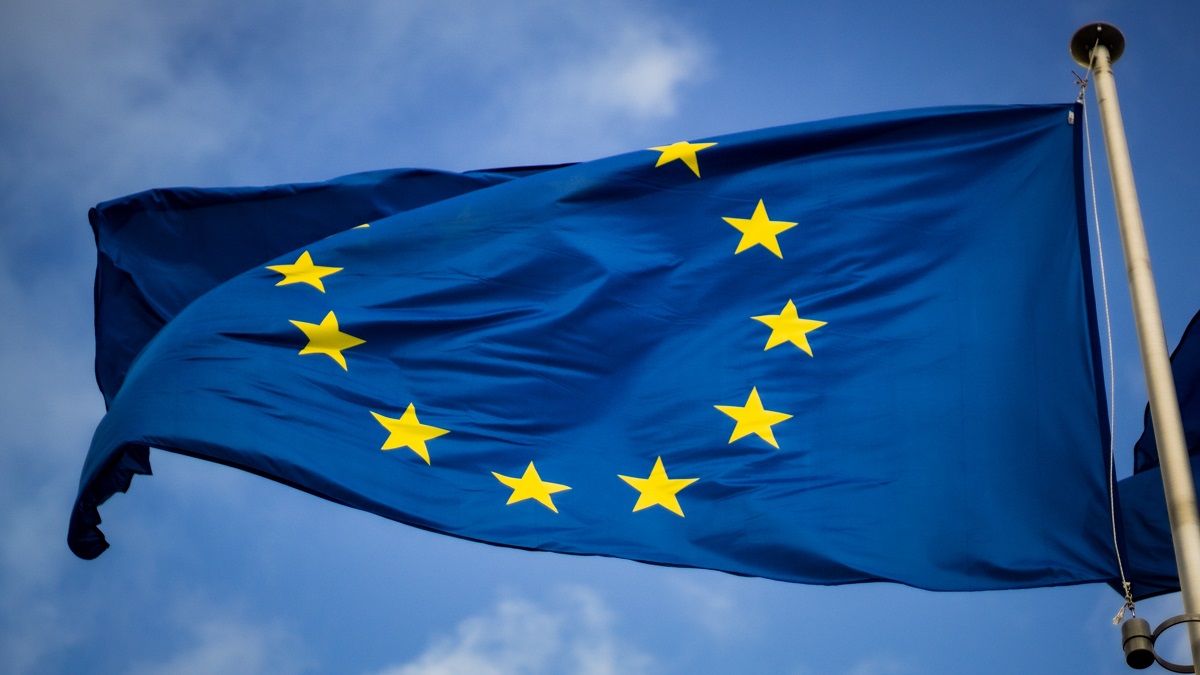The Internal Market Committee and the Civil Liberties Committee have approved a preliminary proposal for negotiating guidelines on Artificial Intelligence. The proposal received 84 votes in favour, 7 votes against, and 12 abstentions.
This approval is a significant milestone in the efforts of authorities to understand and regulate the rapid advancements of AI. The EU’s AI Act is also referred to as the first law governing AI systems in the West.
Meanwhile, China has already developed its own draft regulations aimed at overseeing the development of generative AI products such as ChatGPT by unsolicited companies. The law adopts a risk-based approach in its regulation of AI, meaning that the requirements placed on an AI system are aligned with the level of risk it presents.
Three levels of risk
The law categorises AI applications into three levels of risk: Firstly, applications and systems that pose an unacceptable risk, like government-operated social scoring systems similar to those in China, are prohibited. Secondly, high-risk applications such as CV-scanning tools for ranking job applicants are subject to specific legal obligations. Lastly, applications that are neither explicitly banned nor classified as high-risk are largely unregulated.
“Like the EU’s General Data Protection Regulation (GDPR) in 2018, the EU AI Act could become a global standard, determining to what extent AI has a positive rather than negative effect on your life wherever you may be,” Future of Life Institute wrote on the AI Act website.
The rules also outline specific criteria for providers of “foundation models” like ChatGPT, which have garnered significant attention from regulators due to their increasing concerns about potential job displacement, even among skilled workers.
After the vote, co-rapporteur Brando Benifei (S&D, Italy) said, “We are on the verge of putting in place landmark legislation that must resist the challenge of time. It is crucial to build citizens’ trust in the development of AI, to set the European way for dealing with the extraordinary changes that are already happening, as well as to steer the political debate on AI at the global level.”
Before commencing negotiations with the Council to finalise the law, the complete endorsement of this preliminary negotiating mandate by the entire Parliament is required. The endorsement vote is expected to take place on June 12th to 15th.
Isa Muhammad is a writer and video game journalist covering many aspects of entertainment media including the film industry. He's steadily writing his way to the sharp end of journalism and enjoys staying informed. If he's not reading, playing video games or catching up on his favourite TV series, then he's probably writing about them.



































